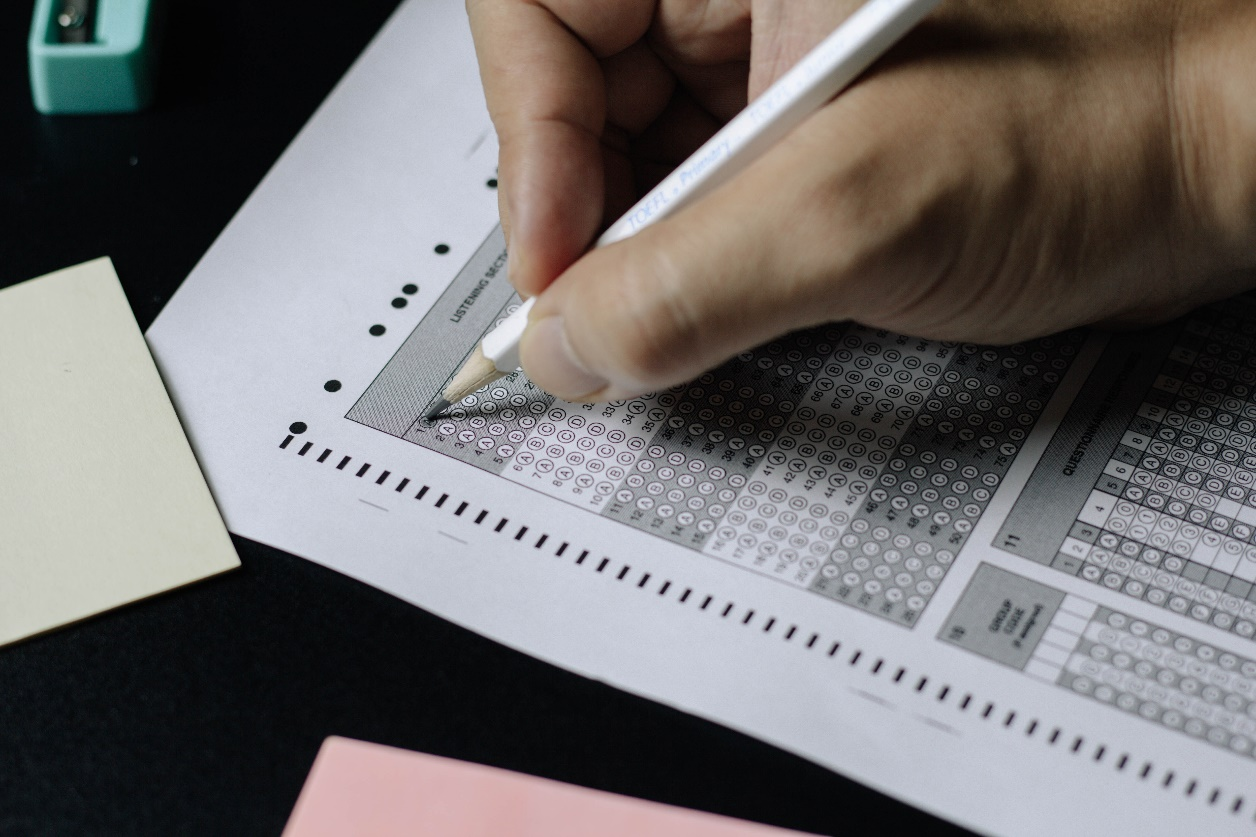Exams are a common way of assessing student achievement and progress across different education systems. They are designed to measure a range of skills and knowledge that can have a significant impact on a student’s academic and career prospects. They can vary across different education systems, and the types of exams undertaken can depend on a range of factors such as the level of education, subject area, and cultural context.
School Examinations
In primary and secondary education, exams may focus on basic skills such as reading, writing, and mathematics. However, in higher education, they take the form of specialized testing and focus on specific subjects or disciplines. In some education systems, such as those in China and South Korea, exams are highly competitive and are used as a primary means for determining university admissions. In other systems, such as those in the United States and United Kingdom, exams may be just one factor in a more holistic admissions process.
Exams can also have cultural and social implications. For example, some education systems place a strong emphasis on rote memorization and recall, while others focus on critical thinking and problem-solving. There is no right or wrong approach however one thing is very clear – exams can be a source of high stress and anxiety for students; particularly in highly competitive systems where success on exams can have a lasting impact on access to future opportunities.

Listed are examples for different types of exams used in various education systems:
- High School Diploma:In the United States, high school students typically take standardized tests such as the SAT or ACT to demonstrate their readiness for college. Students may also take Advanced Placement (AP) exams to earn college credit.
- A-Levels:In the United Kingdom, students take A-level exams in their chosen subjects at the end of secondary school. These exams are graded on a letter scale and are used to determine eligibility for admission to university.
- Gaokao:In China, students take the Gaokao exam at the end of high school to determine university placement. The exam is highly competitive and covers a range of subjects, including Chinese, mathematics, and English.
- Baccalauréat: In France, students take a series of exams as part of the Baccalauréat to earn the high school diploma. These exams cover a range of subjects and are graded on a point scale.
- Abitur:In Germany, students take the Abitur exam at the end of high school to earn their diploma. The exam covers a range of subjects and is graded on a point scale.
- International Baccalaureate (IB):The IB is a globally recognized program that offers a comprehensive curriculum for students aged 16-19. Students take a series of exams at the end of the program to earn their diploma.
- University Entrance Exams:In many countries, including Japan and South Korea, students take university entrance exams to gain admission to higher education institutions. These exams are highly competitive and cover a range of subjects.
In as much as education will provide a holistic experience for students, exams remain an important part of education systems around the world and will likely to continue to play a significant role in assessing student achievement and progress now and in the future.








